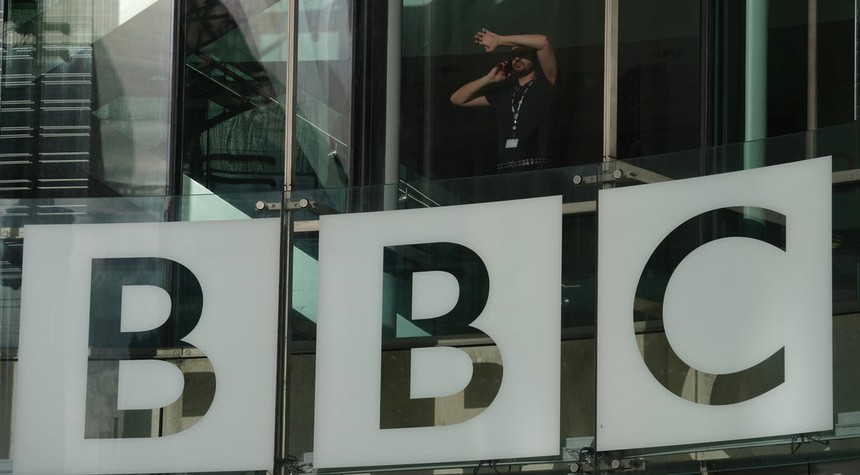The British Broadcasting Corporation has issued a formal apology to President Donald Trump regarding the editing of remarks he delivered on January 6, 2021, which appeared in the documentary “Trump: A Second Chance.” The apology comes as the President has threatened legal action seeking damages between one billion and five billion dollars against the British public broadcaster.
In a statement released Thursday, the BBC acknowledged editorial shortcomings while simultaneously maintaining that no legitimate basis exists for a defamation claim. BBC Chair Samir Shah sent a personal letter to the White House expressing regret for the manner in which the President’s speech was edited in the program, which examined the Capitol riot and its aftermath.
The controversy centers on an October 28, 2024, episode of the BBC’s long-running documentary series “Panorama,” produced by an external production company. According to legal correspondence from the President’s attorneys, the program edited together three separate sections of Mr. Trump’s January 6 speech in a manner they contend was designed to mislead viewers about what the President actually said that day.
The BBC has announced it will not rebroadcast the documentary on any of its platforms. “While the BBC sincerely regrets the manner in which the video clip was edited, we strongly disagree there is a basis for a defamation claim,” the broadcaster stated.
Speaking to reporters aboard Air Force One Friday evening, President Trump indicated his intention to proceed with litigation. “We’ll sue them for anywhere between a billion and five billion dollars, probably sometime next week,” the President said.
The BBC’s response to the President’s legal team outlined five principal arguments against the viability of a defamation case. These include the fact that the episode in question did not air in the United States, that it caused no demonstrable harm to the President given his electoral victory one week after the broadcast, and that the edits were made to condense a lengthy speech rather than to distort its meaning. The broadcaster further argued that the clip should not be viewed in isolation and that matters of public concern and political speech enjoy protection under American law.
Mark Stephens, a United Kingdom-based attorney specializing in international media law, characterized the BBC’s response as “careful and considered.” He told reporters that while President Trump deserved a complete apology, which he received, the case for monetary damages appears weak. Stephens noted, however, that the incident represents a significant public relations victory for the President, providing substantive foundation for his criticisms of international media organizations.
The letter from President Trump’s legal team claimed the program caused the President to suffer substantial financial and reputational harm and constituted defamation under Florida law. The demands included a full retraction of the documentary.
This incident represents another chapter in the ongoing tensions between President Trump and major international broadcasting organizations. The BBC, funded by British taxpayers and operating under a royal charter, has long maintained editorial independence, though it faces periodic scrutiny regarding balance and accuracy in its reporting.
The matter now appears headed for the American court system, where questions of international jurisdiction, defamation standards, and First Amendment protections will likely be tested. The outcome may have significant implications for how foreign news organizations cover American political figures and events.
Related: Congressional Flight Diverted After Passenger Disruption Over Kansas City

